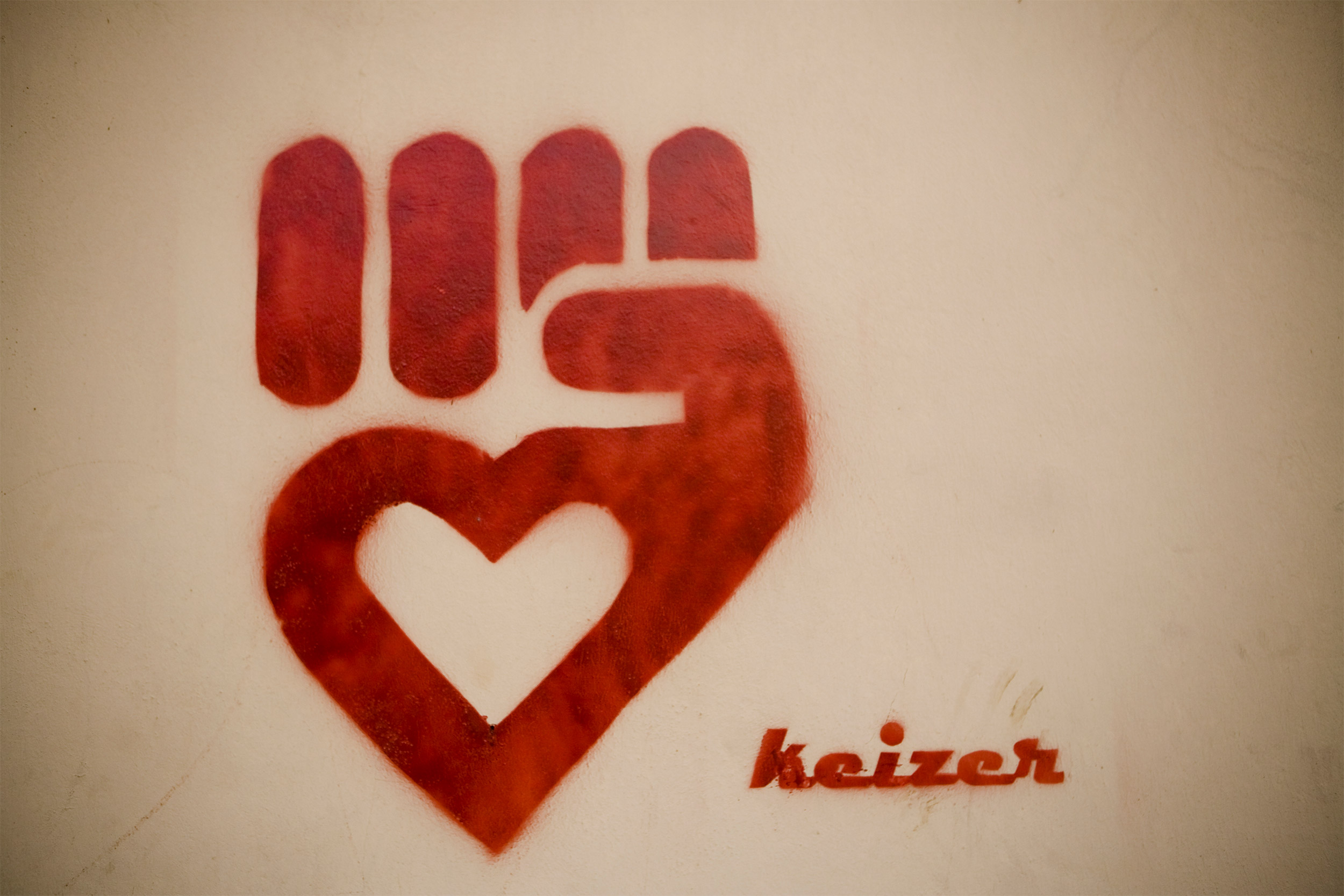Erica Chenoweth initially thought that only violent protests were effective. However after analyzing 323 movements the results were opposite of what Erica thought:
For the next two years, Chenoweth and Stephan collected data on all violent and nonviolent campaigns from 1900 to 2006 that resulted in the overthrow of a government or in territorial liberation. They created a data set of 323 mass actions. Chenoweth analyzed nearly 160 variables related to success criteria, participant categories, state capacity, and more. The results turned her earlier paradigm on its head — in the aggregate, nonviolent civil resistance was far more effective in producing change.
If campaigns allow their repression to throw the movement into total disarray or they use it as a pretext to militarize their campaign, then they’re essentially co-signing what the regime wants — for the resisters to play on its own playing field. And they’re probably going to get totally crushed.



Yeah honestly, if you’re only looking at the campaigns that led to overthrow of the government or territorial liberation then it should be somewhat self evident that nonviolent campaigns have better outcomes. They lead to less death and less destruction of infrastructure which is desirable for whatever comes next. Unfortunately, that’s not always an option for people seeking liberation.
And wildly dishonest to try and spin every campaign as having some choice on whether or not to deploy violence. To top it off, the flat out writing off of all unsuccessful non-violent campaigns as if they don’t matter (even though most failed campaigns of these types result in people in cells regardless of if violence was employed or not)
Oh. Yeah, totally. Successful violent campaign or successful nonviolent campaign, ill take the nonviolent every time.
The problem is…